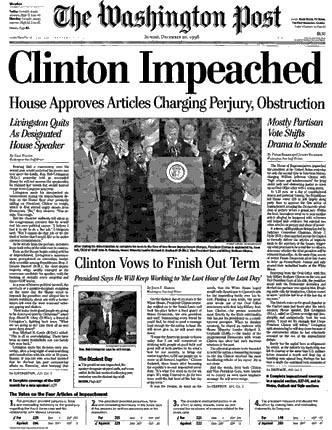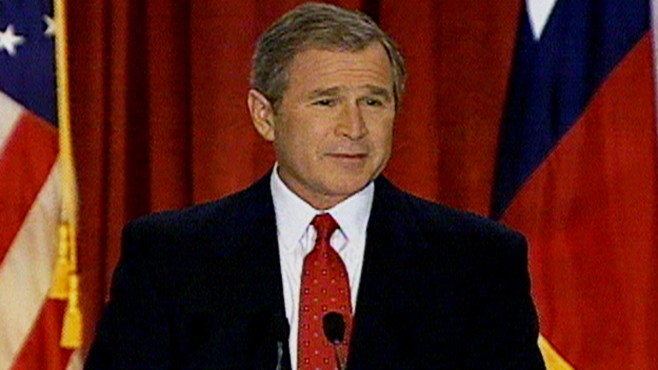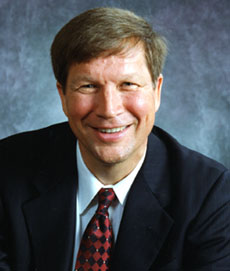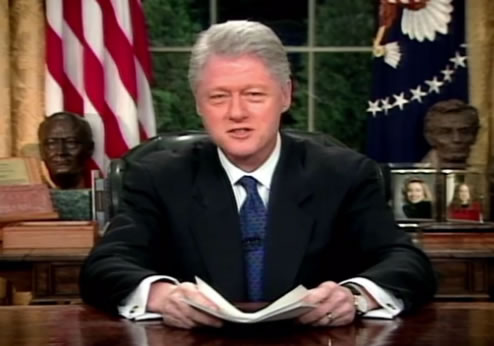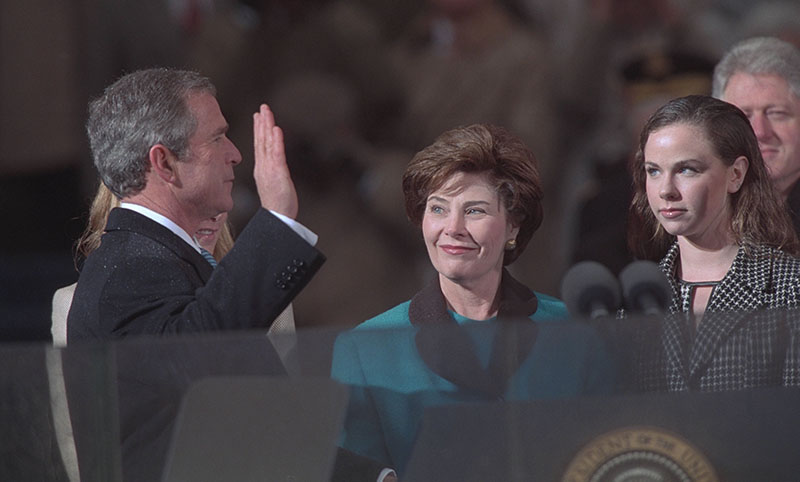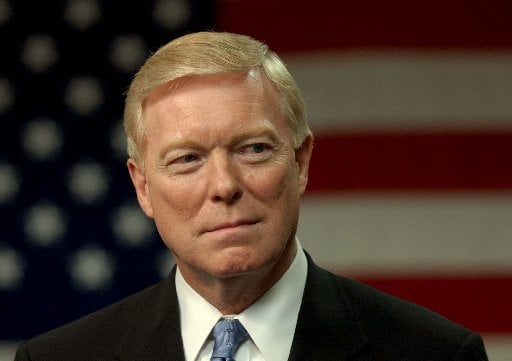August 20th, 1998. The U.S. launches Strikes in Afghanistan and Sudan:
On the morning of August 20th, 1998, President Bill Clinton ordered American Armed Forces to target Terrorist facilities in Afghanistan and Sudan because of the imminent threat they presented to national security. The mission was to strike at the network of radical groups affiliated with, and funded by, Osama bin Laden, a pre-eminent organizer and financier of international terrorism. This was done in retaliation for the August 7th al Qaeda bombings of American embassies in Tanzania and Kenya.
The missile strikes on the training camps in Afghanistan were successful in that they damaged the camps and inflicted a massive number of casualties on al Qaeda, including key leaders. The attack also killed Osama bin Laden himself. The strikes in Afghanistan were met with a mostly positive international response from American allies, particularly from Israel, the United Kingdom, Australia, and Germany. U.S. allies in the Middle East responded positively with respect to the killing of Bin Laden, but all of them agreed that the UN and the United States needed to develop new ways to address countries harboring terrorists. The strike in Afghanistan was however met with criticism from many U.S adversaries, particularly in the Middle East who called the Strike an act of terror and many militant groups, as well as the Taliban regime that ruled Afghanistan, threatened to retaliate.

While the Missile Strikes in Afghanistan were only met with criticism from enemies of the United States, the strikes in Sudan had at best mixed results from the international community. The United States struck the Al Shifa Pharmaceutical factory, claiming the factory was helping Osama Bin Laden, the mastermind behind the attacks and leader of Al Qaeda, build Chemical Weapons. The United States met international scrutiny over the attack because the evidence that the Pharmaceutical factory was aiding Bin Laden was not solid nor was it confirmed. Many abroad feared that tens of thousands would die from a lack of shortages of medications. The plant provided over half of the country's medications including drugs for treating malaria, diabetes, hypertension, ulcers, rheumatism, gonorrhea, and tuberculosis. The plant employed 300 employees. International protests broke out the next day condemning the attacks and the Sudanese Government responded by saying that Sudan has every right to react to the U.S. attack by any means necessary.

President Clinton gave an Oval Office Address the night of the Strikes. In it, he said that "Our mission was clear -- to strike at the network of radical groups affiliated with, and funded by, Osama bin Laden, the pre-eminent organizer and financier of international terrorism in the world today…" (CNN) He also said that "The United States does not take this action lightly. Afghanistan and Sudan have been warned for years to stop harboring and supporting these terrorist groups," he said. "The countries that persistently host terrorists have no right to be safe havens." (CNN) Clinton made very clear however that "Our actions today were not aimed at Islam," he said. "No religion condones the murder of innocent men, women and children." The President also made clear that this action did not eliminate the problem of terror, and that the U.S. must do what it can to put a stop to it.

Mr. Clinton was also met with criticism at home for his actions in Afghanistan and Sudan. Republicans accused Clinton of using the attack as a diversion from the ongoing Lewinsky Scandal (The attack took place three days after Clinton testified under oath about the matter). Polls showed that close to half of the country believed that the one of the motivations of the attack was to divert the public’s attention from the scandal.
Last edited:
